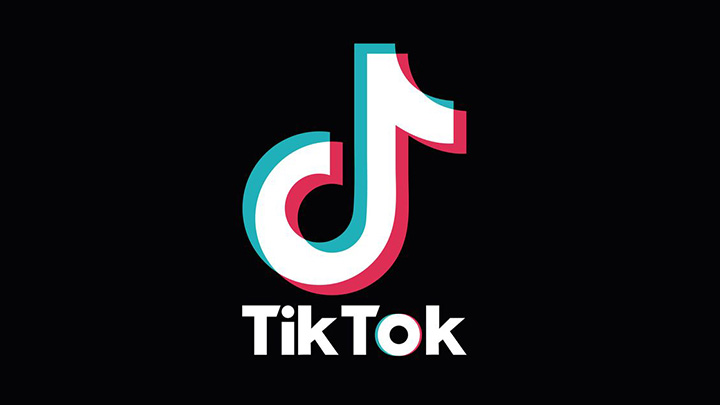Google has ditched its long-standing plan to phase out third-party cookies from its Chrome browser.
The decision marks a significant departure from the company’s previously stated commitment to enhancing user privacy.
Announced four years ago, Google’s Privacy Sandbox initiative aimed to replace traditional cookie-based tracking with alternative methods.
However, the company has now opted for a different approach that will allow third-party cookies to persist while offering users greater control over their data.
The move has drawn criticism from privacy advocates.
Read More
Third-party cookies, small data files stored on a user’s device by websites other than the one being visited, have been a cornerstone of digital advertising.
They enable advertisers to track user behaviour across the web, building detailed profiles to target ads effectively.
Google’s dominant position in online advertising meant its decision to replace cookies had far-reaching implications for the industry.
While Google has not entirely dismissed its alternative approach, the company will now explore a hybrid model that maintains the status quo for advertisers while introducing new user controls.
This suggests that users can expect to continue seeing pop-ups requesting consent for cookie usage in the future.
The tech giant’s U-turn is likely to spark debate among privacy experts, advertisers, and regulators alike.
As Google continues to refine its plans, the industry will be watching closely to see how the new approach will balance the interests of users, businesses, and data protection authorities.


-1731594885.jpg)



 (1)-1725105260.jpg)
-1730358680.jpg)

-1731675695.jpg)

-1731665904.jpg)
